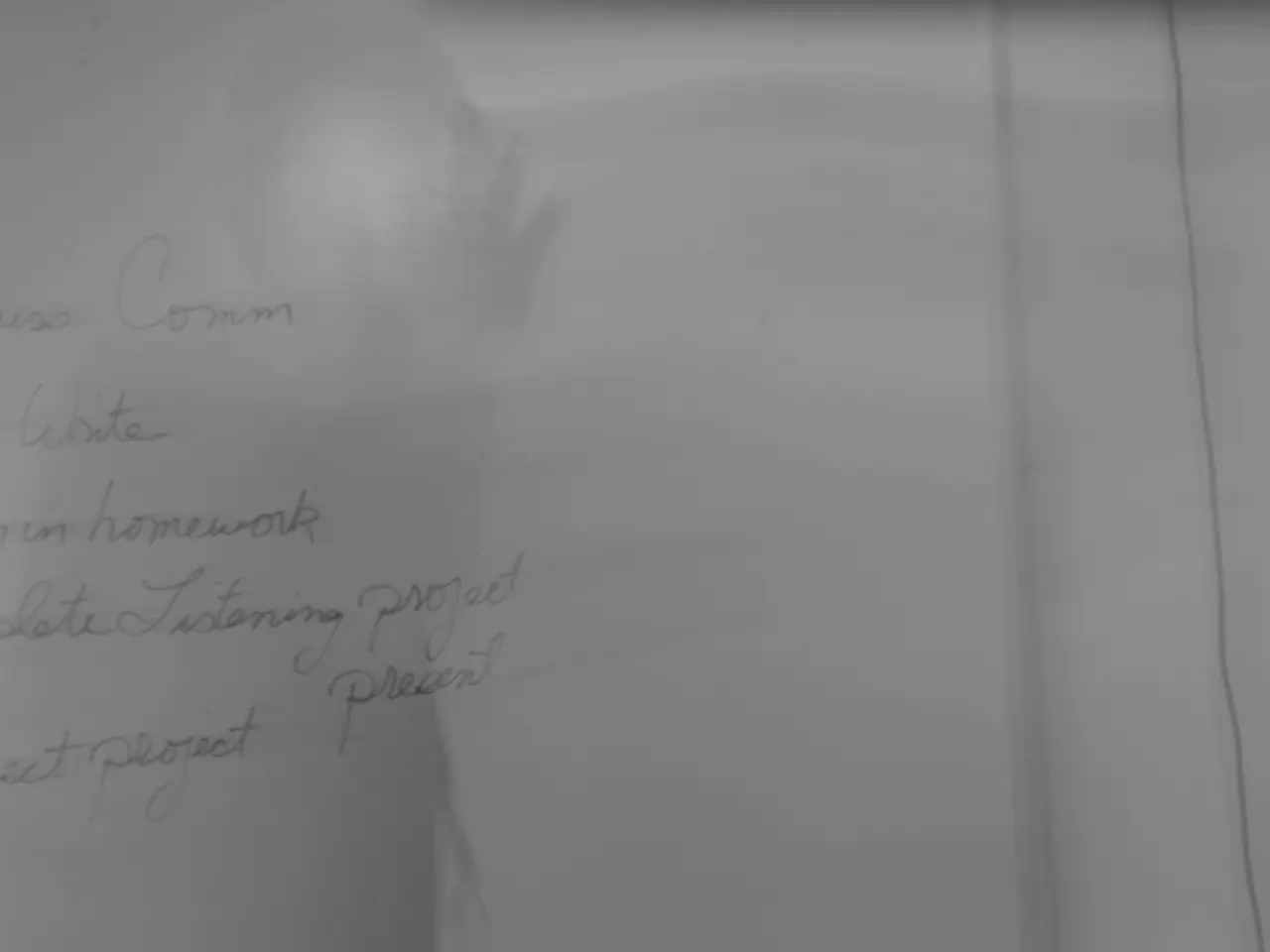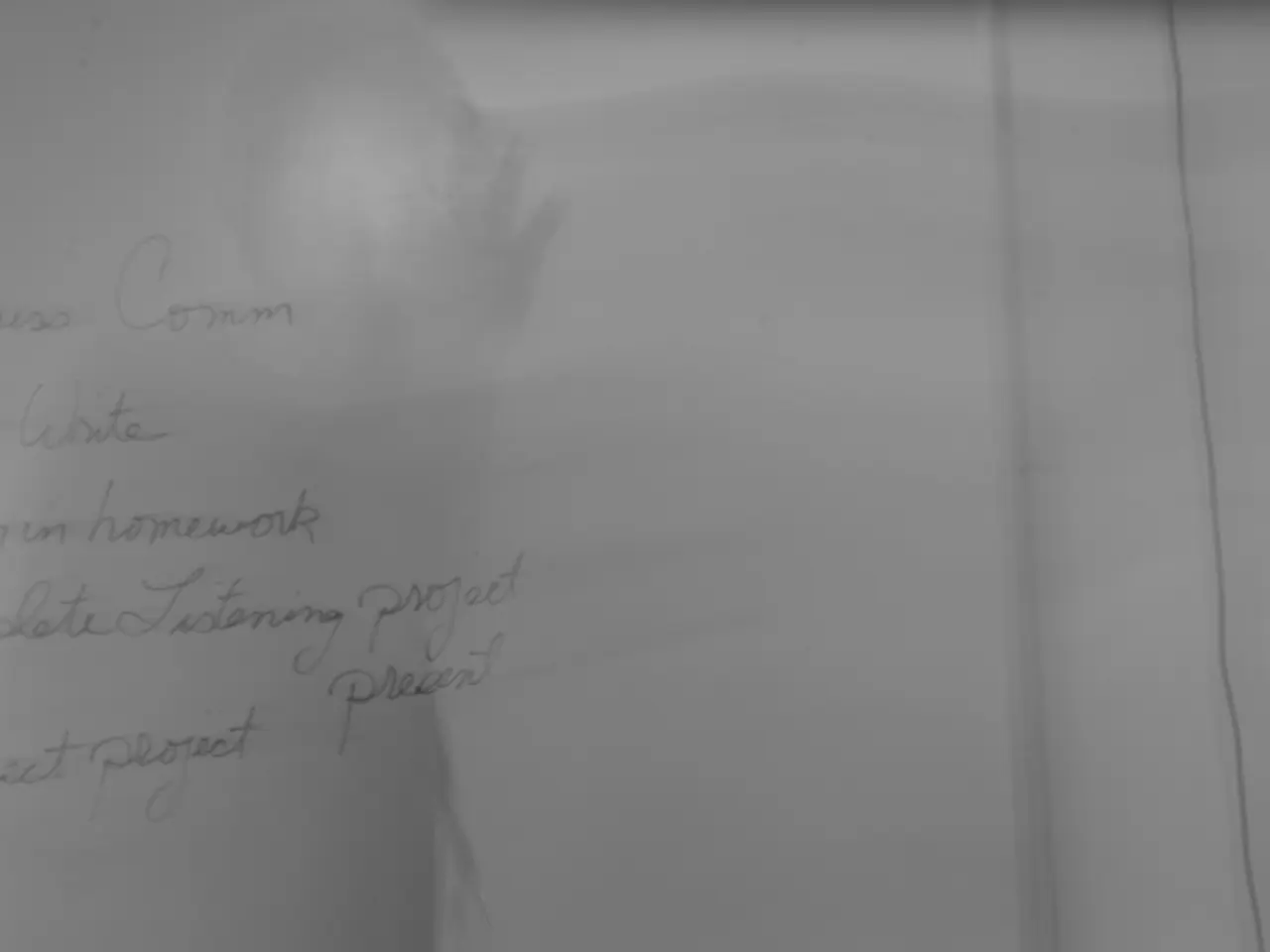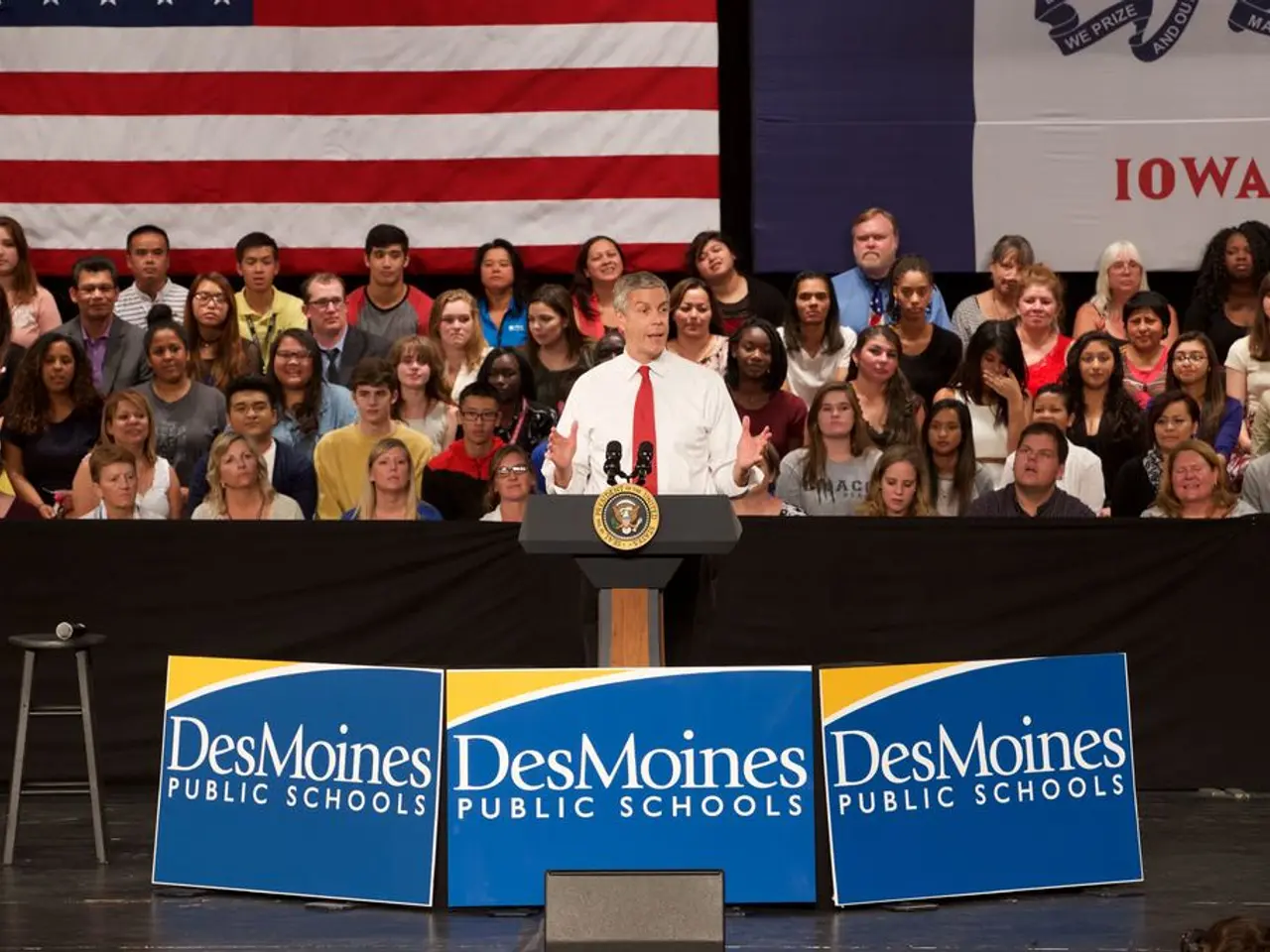Brazil Faces a Chance to Implement a Fair Transition Plan Supporting Indigenous Rights and Protecting Ecosystems
The world is on the brink of a significant step in the fight against climate change, as the Just Transition Work Programme (JTWP) prepares to make its mark at COP30, scheduled to take place in Belém later this year.
After years of stalled talks and disagreements, the JTWP made substantial progress at the Bonn Climate Conference in June 2025. Negotiators agreed on a provisional consolidated draft decision and an informal note, which have been forwarded for formal consideration at COP30[1]. The informal note emphasizes finance, capacity-building, technology transfer, and encourages countries to integrate just transition pathways into their nationally determined contributions (NDCs), national adaptation plans (NAPs), and long-term low-emission development strategies (LT-LEDS)[1].
Regarding Indigenous Peoples' rights, the upcoming Fourth Dialogue, planned for around September 2025, is seen as a critical opportunity to influence the JTWP's next draft outcome. The most promising option under consideration for implementing the JTWP beyond COP30 is the establishment of new institutional arrangements, such as a global platform or technical assistance network[2]. This approach explicitly calls for embedding meaningful participation of Indigenous Peoples, recognizing them as rights-holders rather than mere stakeholders. It also advocates for supporting just transition implementation through technical assistance and capacity building rooted in Indigenous Peoples and human rights frameworks[2].
Justice in the context of the JTWP must be embedded in the details, including the language of decisions, the design of institutions, the allocation of resources, broad and inclusive participation, and the integrity of the process itself. A just transition cannot be built on the exclusion or dispossession of Indigenous Peoples[4]. Brazil, as the host of COP30, has a legacy and a responsibility in international environmental diplomacy, particularly regarding the UNFCCC Convention.
The new global platform for the JTWP must embody these principles, ensuring adequate resources, meaningful participation of Indigenous Peoples, support for just transition implementation through technical assistance and capacity building, and being informed by key international frameworks[3]. Any attempt to sacrifice human rights or Indigenous Peoples' rights during COP30 would undermine the credibility of the JTWP and betray the principles launched in Rio over three decades ago[3].
The JTWP is currently at an important turning point, advancing towards COP30 with strengthened institutional options that specifically emphasize Indigenous Peoples' rights. The Fourth Dialogue later in 2025 is expected to shape how these rights are more firmly embedded within the programme's institutional mechanisms[1][2]. The broader international community is also actively discussing just transition principles in academic and policy settings, underscoring the need for equitable, inclusive approaches to the transition to net zero[3].
The Just Transition Work Programme (JTWP) is anticipated to incorporate environmental-science principles in its approach to climate-change mitigation at COP30, echoing the global push for just transition concepts in general-news and academia. To ensure justice and uphold Indigenous Peoples' rights, the forthcoming Fourth Dialogue aims to influence the JTWP's institutional mechanisms, integrating them with human rights and Indigenous Peoples' frameworks.







